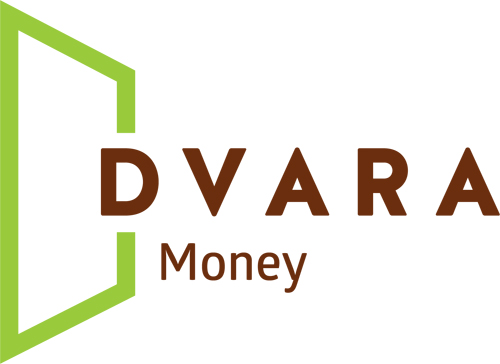It is needless to mention that the world is going through unprecedented times. Countries have had to take immediate measures to slow down the spread of COVID19 (Novel Coronavirus) and the lockdown measures put forth by the Indian government has led to unavoidable business impact across sectors.
Some have been more impacted than others including small non-essential service businesses, the contract workforce and the gig economy. Although salaried employees may potentially be affected with regards to incentives and salary hikes and possibly retrenchment in some sectors, the gig economy workers have it far worse.
Late March and early April we reached out to around 300 gig economy workers based out of Bangalore, many of whom are cabdrivers with various ride-sharing platforms to speak to them about prudent financial decisions during these extraordinary circumstances. In those interactions, we found that the loss of income during this pandemic has resulted in a huge loss in savings and in turn affected their livelihood as they are now unable to afford even basic essentials. The distressing tales of many workers desperately trying to reach home is symbolic of the struggles that workers are facing. Many are returning to take up agriculture/labour work, an activity they had given up for a better and more stable income in the cities.
The reality of financial wellness
Which makes one wonder on how low-income individuals or individuals whose income is not protected against market volatility can build a secure financial future?
It goes without saying that individuals with little or no means to financial information or advice are bound to be vulnerable and worst hit during uncertain times. In a survey which we mentioned in our previous blog, we did a deep dive into the savings instruments mismatch among the working class. We found that 80% of the 260 surveyed individuals, between the ages of 25-40 years did not have enough savings to cover a minimum of 6 months of expenses. Of those who did show an intent to build a solid financial plan, did not have complete and accurate information on the availability of financial instruments or were given incorrect advice on financial products that caused more harm to their already depleting resources.
It brings to question the industry’s understanding of financial wellness altogether. What does it take to be financially independent or to have achieved financial wellbeing? Although occurrences like the COVID19 pandemic are rare, it is worthwhile to debate how a pandemic-robust financial plan would look like for everyone – salaried, gig economy and business income. The demands made on the limited income of an individual fall into the categories of short-term needs, the ‘now’ and long-term goals, the ‘later’.
Is Savings the answer?
Savings is the cushion to one’s future needs and helps bridge gaps during emergencies. Behavioural science shows us that smaller rewards seem more appealing than larger rewards (namely, hyperbolic discounting) which makes saving a good habit as one sees the savings pool increase over time. However, saving isn’t and shouldn’t be the only activity one undertakes to achieve financial wellness. In times of emergency, immediate consumption pulls funds away from savings. Studies have shown that the contribution of household savings reduced between 2012 and 2017. The savings rate went down from 34.6% in 2012 to 30% in that period1. In the absence of savings, economic and health shocks affect the households disproportionately compared to households which have a buffer. Although short-term savings help build economic resilience by empowering people to make positive financial decisions even under duress, this approach is only a stepping-stone for the financial wellness of an individual. While savings are one side of the coin, a more holistic approach would also consider the best fit for credit and insurance needs of the segment in question.
What more can we do?
With the abrupt stop in income flow, the type of credit products with features suited to income patterns can help bridge the liquidity crunch. Insurance products that protect the income in case of hospitalizations are ubiquitous in the market, perhaps an insurance (or insurance like) product that can help smoothen the variations in the income to ensure the consistent consumption throughout the lifecycle. Life and Health insurance plays a vital role during medical emergencies and creating an additional stream of income through meticulous investments under the advice of a financial professional can also ease the burden of income disruptions. In short, facilitating wellness involves budgeting, cash and debt management, goal funding, and health and retirement program management.
Everyone is susceptible to the slightest change in the economy. It is crucial to plan for the future and prepare yourself to mitigate these uncertainties.
References:
1. Why the Indian economy suffers when you save less. (link)
2. Emergency Savings : Building Pathways to Financial Health and Economic Opportunity, 2017 JPMorgan Chase and Co. (link)




